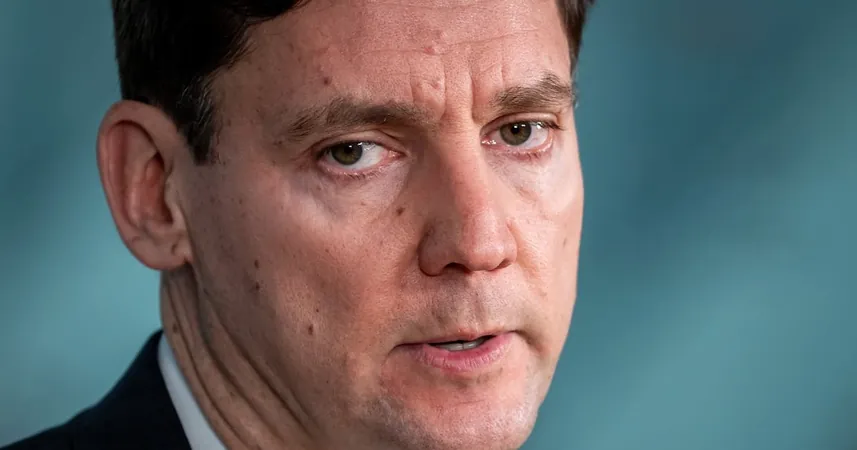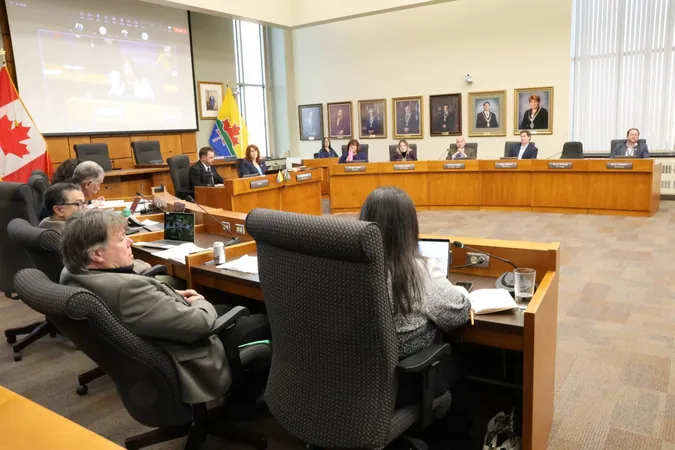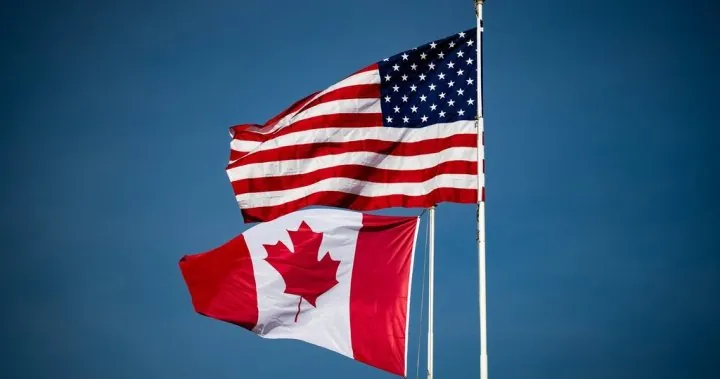
Global Coalition Launches Urgent Initiative to Combat Escalating Stroke Crisis
2025-04-08
Author: Jacob
In a monumental move unveiled today in Geneva, the Global Stroke Action Coalition has emerged as the world's first multisector advocacy initiative specifically dedicated to tackling the growing crisis surrounding strokes. This coalition has urgently called for immediate actions to close the glaring inequities in stroke prevention, treatment, and rehabilitation. As strokes remain one of the top causes of mortality and disability worldwide, projections indicate that without significant intervention, the global burden of stroke could surge by an alarming 50% over the next 25 years, potentially resulting in 100 million deaths and a staggering economic cost of USD 1.6 trillion annually.
At the heart of the launch event were health policy specialists, clinical experts, and stroke survivors who shared critical data and actionable recommendations to mitigate the human and financial toll of strokes. The coalition's inaugural directive, titled "Stroke Action Now," outlines evidence-based strategies that have the potential to transform the current landscape of stroke care.
Key Insights from the Stroke Action Coalition:
1. **Preventable:** Astonishingly, around 80% of stroke cases are attributable to just ten modifiable risk factors, with hypertension being a primary concern. If effectively identified and managed, improving hypertension care alone could potentially halve stroke incidence rates.
2. **Treatable:** Recent advancements in medical technology, particularly clot removal procedures like thrombectomy and thrombolysis, can greatly improve patient outcomes. By minimizing long-term disability, these treatments also reduce the associated financial burdens on healthcare systems.
3. **Recoverable:** Access to appropriate rehabilitation services is vital for stroke survivors, assisting them in regaining independence and significantly lowering long-term disability risks and costs.
Despite these promising interventions, a troubling lack of availability persists. Currently, only 3% of eligible patients receive thrombectomy treatments, and between 20-40% of healthcare facilities worldwide have yet to implement basic rehabilitation services for stroke patients.
Professor Bo Norrving, co-chair of the Coalition, expressed deep concerns about the growing global burden of strokes, noting that it has doubled in the past 30 years. He emphasized that substantial advancements in care provide a unique opportunity to address health inequities and enhance global health outcomes. He urged governments to prioritize developing National Stroke Plans as a critical element of their strategies in combating non-communicable diseases (NCDs).
As part of their approach, the Coalition is rallying global leaders ahead of the forthcoming 4th High-Level UN Meeting on NCDs this September. They have outlined five essential actions:
1. Elevating stroke to a primary focus within NCD prevention and control strategies in national and international health agendas.
2. Formulating National Stroke Action Plans that encompass the entire care continuum, with measurable goals tailored to local needs.
3. Committing to financing evidence-based stroke interventions and pursuing innovative funding mechanisms, such as taxation on harmful substances.
4. Establishing robust monitoring systems to track changes in stroke prevalence and the effectiveness of care provided.
5. Ensuring that stroke survivors and caregivers play an active role in policy development, thereby enhancing their representation in decision-making processes.
This pivotal moment, underscored by the Coalition's call to action, offers a unique opportunity for world leaders to make a substantial impact on stroke care over the next two decades. The Coalition champions the urgent recognition of stroke as a critical health issue that requires immediate and sustained action.
Members of the Coalition represent prominent organizations such as the World Stroke Organization, American Stroke Association, and various industry and academic stakeholders committed to their mission. As the coalition stakes its claim in the global health landscape, addressing the stroke crisis could not only save millions of lives but also alleviate significant financial burdens on healthcare systems worldwide.
Now is the time for decisive action! Will world leaders respond?









 Brasil (PT)
Brasil (PT)
 Canada (EN)
Canada (EN)
 Chile (ES)
Chile (ES)
 Česko (CS)
Česko (CS)
 대한민국 (KO)
대한민국 (KO)
 España (ES)
España (ES)
 France (FR)
France (FR)
 Hong Kong (EN)
Hong Kong (EN)
 Italia (IT)
Italia (IT)
 日本 (JA)
日本 (JA)
 Magyarország (HU)
Magyarország (HU)
 Norge (NO)
Norge (NO)
 Polska (PL)
Polska (PL)
 Schweiz (DE)
Schweiz (DE)
 Singapore (EN)
Singapore (EN)
 Sverige (SV)
Sverige (SV)
 Suomi (FI)
Suomi (FI)
 Türkiye (TR)
Türkiye (TR)
 الإمارات العربية المتحدة (AR)
الإمارات العربية المتحدة (AR)